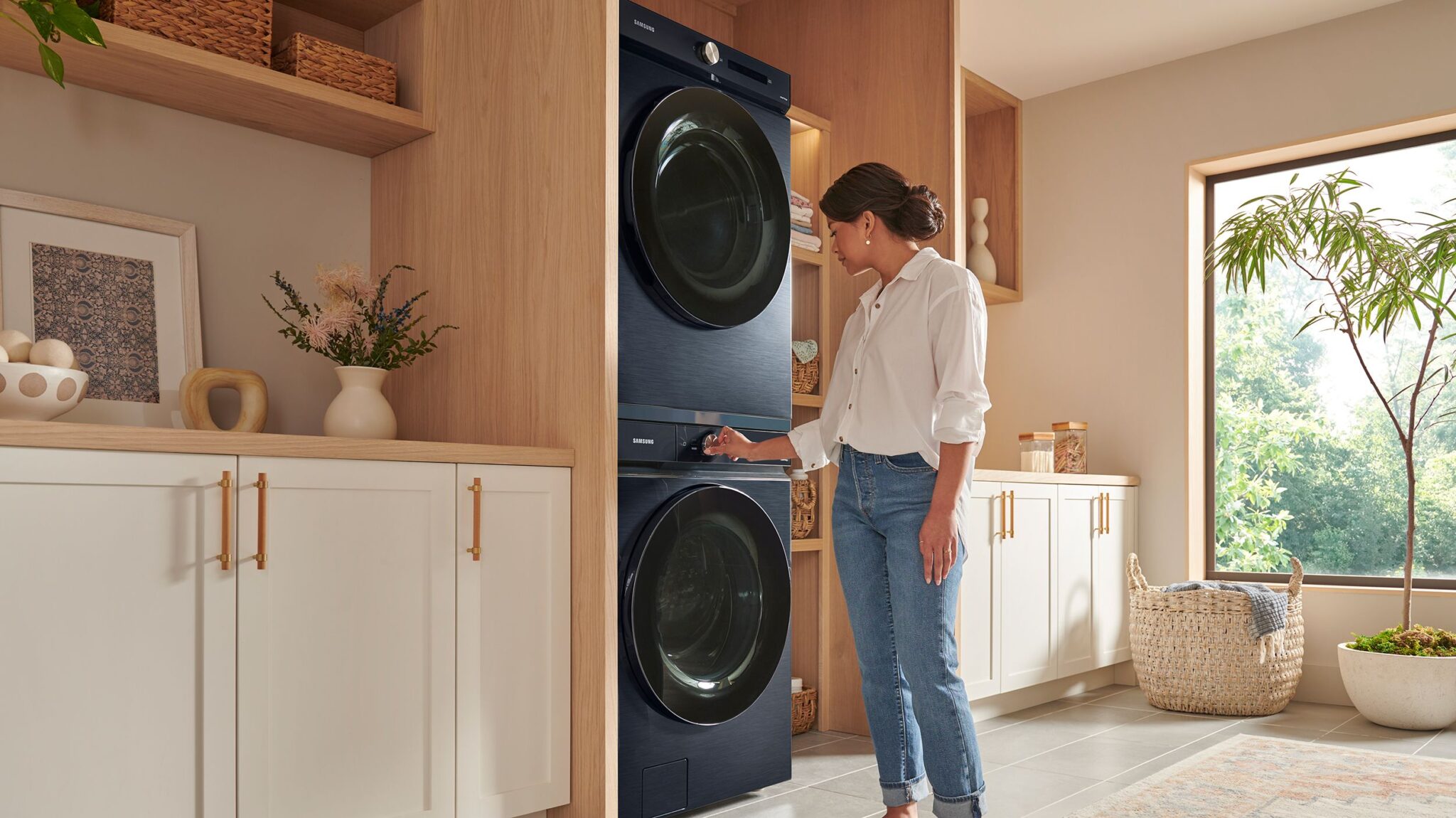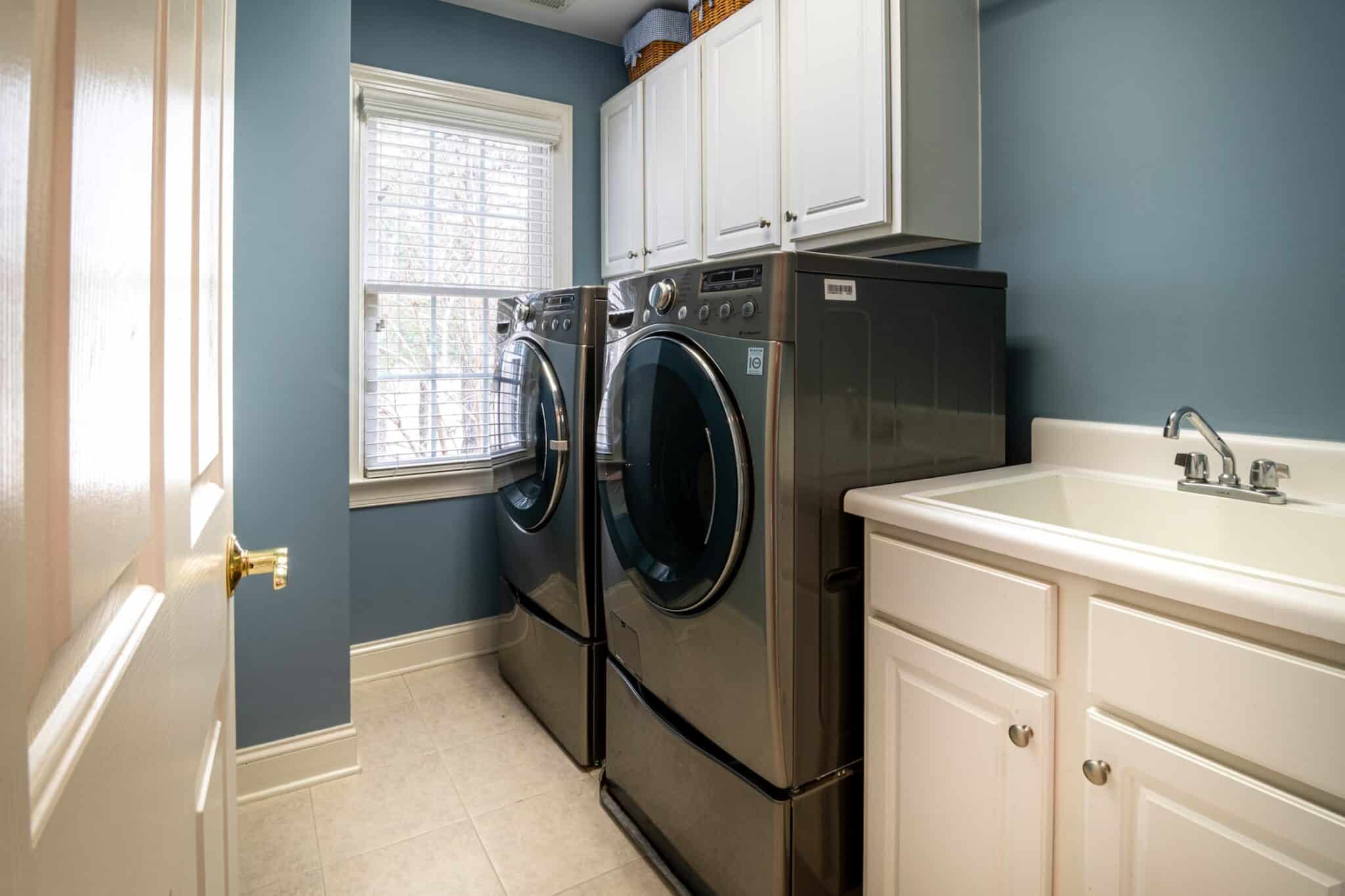While we may not give them a lot of thought, refrigerators are one of the most important household appliances we have. These appliances help us keep food cold and preserved. They help to ensure that we are able to keep food safe for consumption for longer. When you run into a problem such as a refrigerator not cooling, it is easy to panic. However, there is no need for that. In many cases this problem can be solved with a simple fix. In some cases, you may need the help of a professional. Below, we discuss what to do when faced with a refrigerator not getting cold.
Why is My Fridge Not Cooling?
Is your refrigerator not cooling? There are several reasons why refrigerators don’t get cold. The problem could be as simple as the refrigerator having been unplugged and therefore not having power. It could be a complex problem such as the control boards being damaged and requiring the installation of new parts. Knowing what made your fridge stop working is the first and most important step to solving the problem.
How to Fix Refrigerator Not Cooling
Here are The First Things to Check:
Make sure your fridge is getting power
The first and most obvious thing to check is whether your refrigerator is plugged in or not. If your refrigerator is plugged in, check to see that it is turned on and that it is receiving power. It may seem obvious, but we find that the most common reason why a fridge will stop working is that the fridge is not getting power. It could be unplugged, the switch could be off or the breaker may have flipped. It is worth considering all of these possibilities prior to moving on to other areas for troubleshooting.
Take a look at your owner’s manual
If the power supply is okay but you’re still struggling with the refrigerator not getting cold, you should check out the owner’s manual. This usually comes with the refrigerator. However, if you have lost your manual, you can search the manufacturer’s website. Many manufacturers offer customers the option to download soft copies of the manuals online.
Search the manual and use the guide to troubleshoot the problem. The manufacturer’s manual will provide you with a guide on how to identify simple problems and fix them for your model of refrigerator.
Check the refrigerator thermostat
In some cases, a refrigerator not cooling could be the result of setting the thermostat too high. Check the thermostat to determine whether it is set at a high temperature. You should also check to see if it is in the in-position for defrosting. You may be able to get your refrigerator working by simply pushing the button to stop the defrosting process.
Test the seals on your fridge doors
You should check the door gasket to ensure that the refrigerator door is sealed properly. If the door is closing but not properly sealed, it will let warm air into the fridge and cold air out. It is important to ensure your refrigerator is insulated properly.
Determine whether the refrigerator is level
If your refrigerator is out of level it may not work properly. You can use a bubble or laser level to check whether the refrigerator is level. If it isn’t, try adjusting the legs or placing it on a platform to bring it level.
Clean the condenser coils
Dirty condenser coils will not work properly. They will be less efficient at cooling. Check to see if there is a layer of dust or grime on the condenser coils of your refrigerator.
Check to make sure nothing is blocking the air vents
Refrigerator vents help to keep the refrigerator at a consistent temperature. Check to see if there is anything blocking the air vents. Check for ice pile-ups or any other type of blockage that may interfere with air flow.
If all else fails, call a repairman
If you’ve tried all the above solutions to fix a refrigerator that’s not cooling, you should contact a licensed professional. We at MountainVue Appliance Repair will give you access to a skilled and experienced refrigerator repair service professional who will diagnose the problem and provide you with a cost effective solution. Contact us now to learn more.








